Publications
Articles, publications, books, tools and multimedia features from the U.S. Institute of Peace provide the latest news, analysis, research findings, practitioner guides and reports, all related to the conflict zones and issues that are at the center of the Institute’s work to prevent and reduce violent conflict.
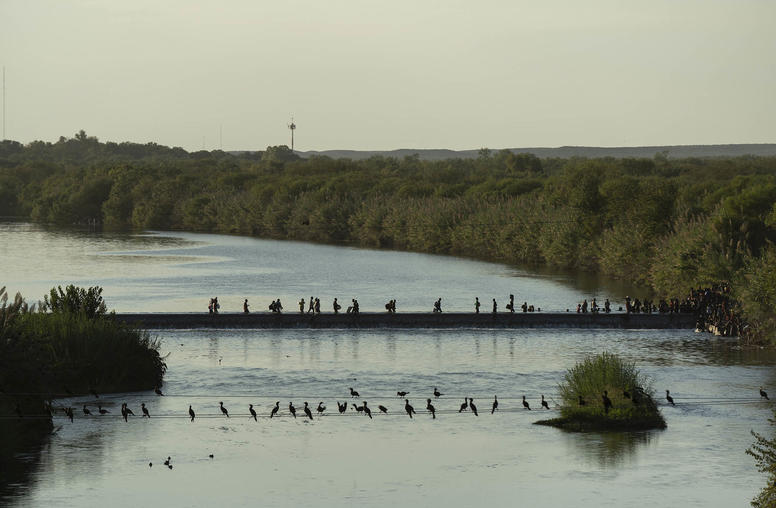
How Climate Change Catalyzes More Migration in Central America
Annual migrant apprehensions at the U.S. southwestern border have surpassed 2 million, breaking previous fiscal year records. The flows (which include large numbers of repeat crossers) have grown increasingly multinational in recent years, including Haitians trying to escape their country’s violence and poverty, along with Cubans, Nicaraguans and Venezuelans fleeing a combination of economic misery and political repression. Mexicans seeking better paid work in the United States also continue to cross the border in large numbers, as they have for generations.
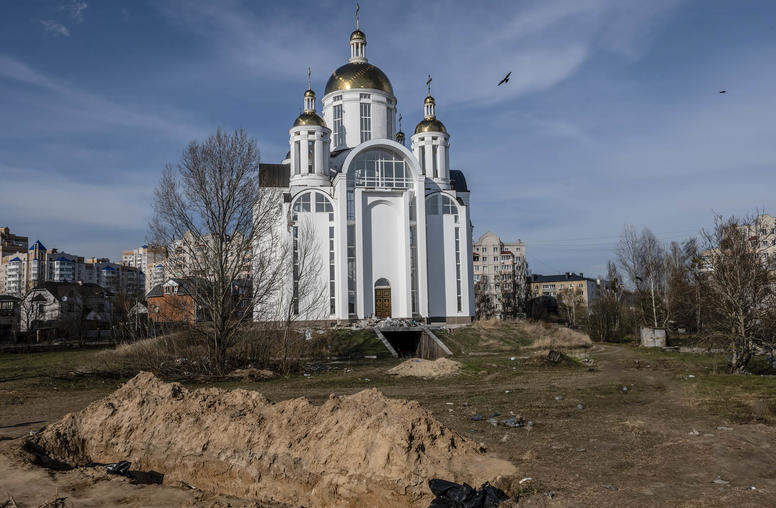
Is Russia Committing Genocide in Ukraine?
Russian troops forced to beat a hasty retreat in Ukraine are leaving behind evidence of war crimes and crimes against humanity. As this body of evidence grows, officials and experts are becoming increasingly convinced that Russia is committing genocide against the Ukrainian people.
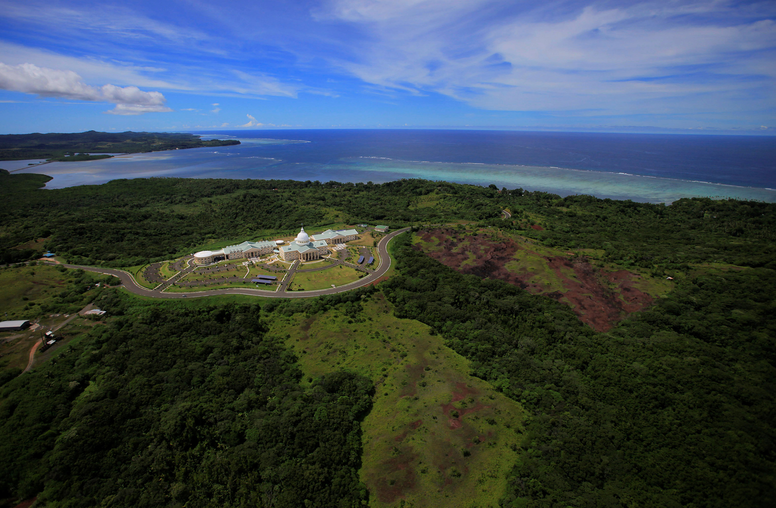
China’s Influence on the Freely Associated States of the Northern Pacific
Around the world, Beijing is investing heavily in diplomatic, security, cultural, and economic ties in a bid to increase its global influence, strengthen its ability to protect and advance its national interests, attract support in multilateral fora and international institutions, and fracture the global consensus on key issues it views as unfavorable to its geopolitical ambitions. The Pacific Islands region—defined as the vast stretch of Pacific Ocean between Asian littoral waters in the west, Guam in the north and Hawaii in the northeast, and Australia and New Zealand in the south and southwest—has been no exception.

Joseph Sany on the International Day of Peace
Ahead of the International Day of Peace on September 21, USIP’s Joseph Sany says the occasion is “an opportunity to celebrate, reflect and demonstrate our commitment” to building peace in our communities — as well as a chance to connect with millions of others through the Peace Day Challenge.
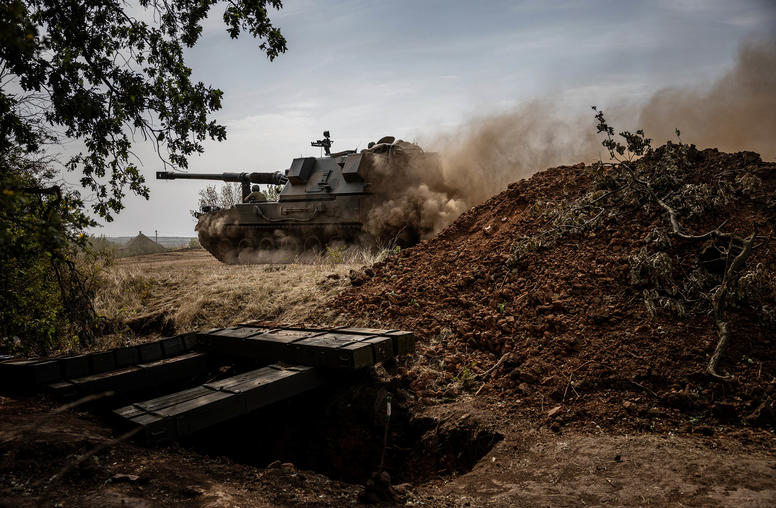
How Ukraine’s Counteroffensives Managed to Break the War’s Stalemate
In recent weeks, two Ukrainian counteroffensives — one in the south near Kherson and another in the east near Kharkiv — have pushed back Russian forces after months of grueling deadlock across the front lines. The eastern Kharkiv attack has been particularly successful, as Ukrainian forces continue to reclaim vast swaths of territory from a seemingly stunned Russian military. USIP’s Mary Glantz examines the resilience of Ukrainian forces thus far, how Ukraine managed to catch the Russian military off-guard outside Kharkiv and Russia’s reaction to what may be a major inflection point in the ongoing conflict.
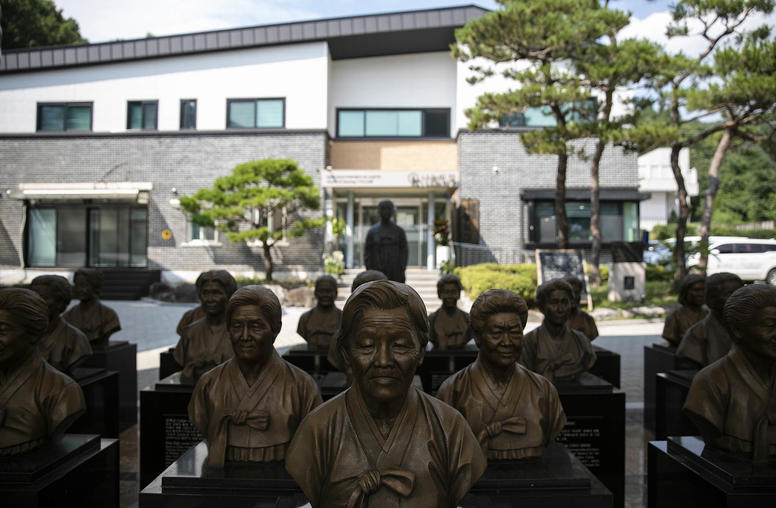
A Guide to Understanding the History of the ‘Comfort Women’ Issue
Even before assuming office in May 2022, South Korean President Yoon Suk-yeol made clear his desire for smoother formal relations between Seoul and Tokyo. Locked in a number of interwoven and protracted disputes, South Korea and Japan have been at a diplomatic standstill since well before COVID-19 restrictions shut down everything. Recent peacebuilding efforts are encouraging, with Japan and the United States publicly welcoming South Korea’s overtures as pivotal to plans for regional alignment in the face of North Korea’s provocations and China’s aggressive behavior.
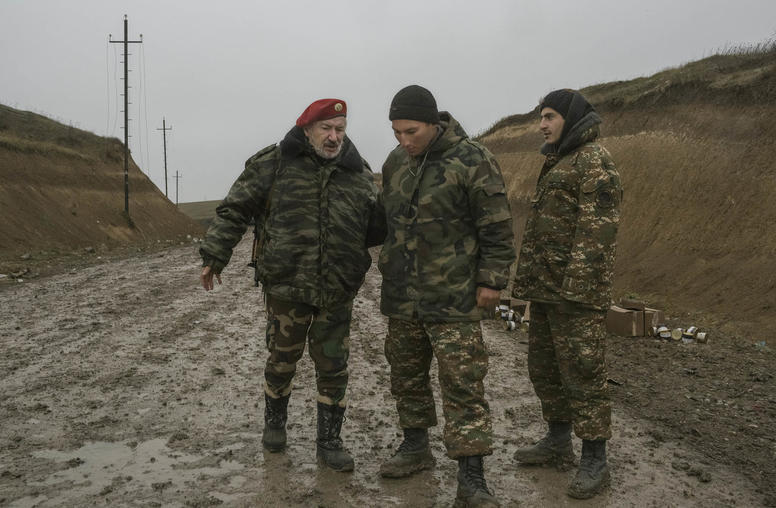
Amid Ukraine War, Armenia and Azerbaijan Fighting Risks Broader Conflict
Armenia and Azerbaijan reported nearly 100 combined deaths Tuesday, in the latest flare-up of violence between the two South Caucasus countries. For decades, tensions have simmered over the disputed Nagorno-Karabakh region, which is controlled by ethnic Armenians and claims independence but is internationally recognized as Azerbaijan’s territory. There are fears that these tensions could boil over into a larger conflagration, like the 2020 Armenia-Azerbaijan war that resulted in over 1,000 casualties. In 2020, Russian President Vladimir Putin negotiated a cease-fire to end the fighting. Today, with Russia bogged down in Ukraine, it is unclear if the Russian leader will be able to achieve a similar result, as regional stability hangs in the balance.
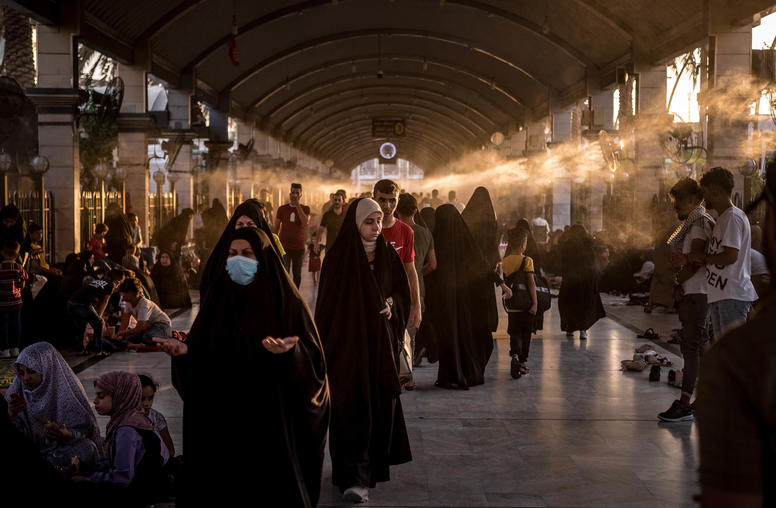
Can Arab States Bounce Back from COVID and Climates Crises?
More than two years into the pandemic, Arab states continue to struggle with the economic and social impacts of COVID-19. Meanwhile, climate change is devastating the region — and its governments are ill-equipped to address massive problems like water scarcity and scorching temperatures. Even before COVID, much of the region was wracked by conflict, embroiled in social tension, suffering from lagging economies and witnessing growing disquiet over the unrealized aspirations of the Arab uprisings. These challenges are detailed in the U.N. Development Programme’s recently released 2022 Arab Human Development Report, which also lays out a path for an “inclusive and resilient recovery.”
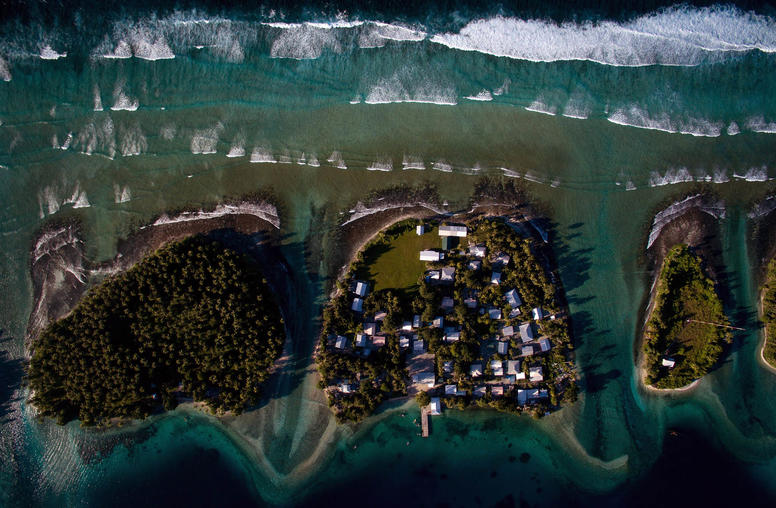
Why China’s Influence in the Freely Associated States Matters to the United States
For much of the last 75 years, the Pacific region and in particular the Freely Associated States of the northern Pacific (FAS) — the Federated States of Micronesia (FSM), the Republic of Palau and the Republic of the Marshall Islands — were not regarded as U.S. national security priorities.

What’s Next for Kenya After William Ruto’s Presidential Victory?
William Ruto’s emergence as Kenya’s fifth president represents a paradigm shift in the country’s politics. Ruto’s campaign was comprised of a mass movement of workers, the jobless, peasants and other “hustlers” and sought to distance itself from the dynasties that have long run Kenya’s politics. While Ruto was born in a small rural village in the Rift Valley, his opponent, Raila Odinga, is a former prime minister and the son of the country’s first vice president. Marginalized Kenyans see Ruto as the personification of a transformational agenda that centers their plight, defining a contest between hustlers and dynasties. While Kenya faces a dire economic situation, Ruto’s biggest challenge may be overcoming the country’s legacy of ethnic politics and building national cohesion.